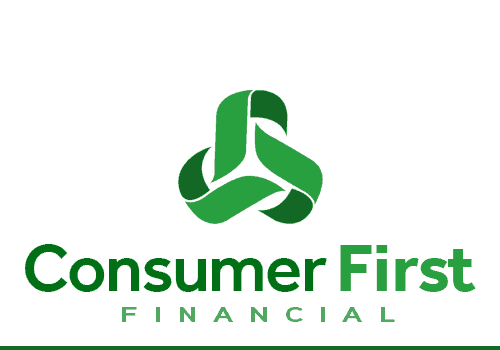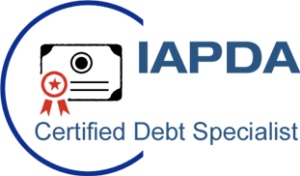
How did we get here, and where do we go?
The words debt, loans and bills are common words in the United States. There are very few houses that are truly free from these things. Too many times we try to keep up with the Joneses by acquiring more than we can afford. We spend on things we want, and come up short for the things we need. We all make mistakes, but knowing when it’s time to seek relief from debt is the first step.
This of course is done using credit cards, or another form of unsecured loan… usually anyways. As consumers, we live above our means by acquiring things with credit or loaned money. Spending on a credit card is easy, but the interest almost always leads to further money troubles.
Because of this, we end up with debt, mostly unsecured debt like credit cards. We have to find ways to repay these debts but because they are unsecured, the repayment conditions make it very difficult. It’s very easy to make a mistake with your bills and budget when dealing with multiple lines of credit or loans. This unfortunately makes it easier to miss a payment or get in over your head, both of which can lead to serious credit implications.
When is it time to seek debt relief?
If your monthly debt is near or above your monthly income, and you have substantial credit card or other unsecured debt, it’s time. At this point, with the interest rates of unsecured debt, you’re looking at 10+ years to pay off your debts.
While you may think you’re fine paying the minimum balance each month, in the long run this costs you significantly more. If you are in a cycle of paying minimum payments on multiple cards, it’s time to look into debt relief options. It’s important to understand the different kinds of debt relief available (debt settlement, debt consolidation and bankruptcy) and see which is best for you. To start your research, here’s one of our recent articles showing the pros and cons of debt settlement and bankruptcy.
You should also look out for the common mistakes people make when seeking debt relief. We’re going to get the list started below with some common mistakes we’ve experienced. Most of these are easy to avoid, and you just need to know about them.
Top mistakes consumers make when seeking debt relief:
Not calculating their Debt To Income ratio and checking their credit score
Before you can go into any negotiation with any debt relief company, you need to first know your current credit/financial situation, and what your options are. This should occur after you have calculated your debt to income ratio and checked your credit score. Your credit score will take a hit after any form of debt relief, so you need to know how much of a hit you are willing to take.
Most debt relief programs will ask you about your outstanding debts, so you’ll need to give your credit report a look over anyways. This is a good time to also calculate your debt to income ratio. You’ll be much more prepared for your first meeting with a debt consultant.
Not seeking good financial advice
Some people just like the idea of debt settlement, so they dive in fast. It’s important to take the time with a licensed debt consultant to ensure you can pay the debt settlement monthly payment. If you do this correctly, and choose a realistic payment you know you can afford, debt settlement can be a good option.
There is a lot of information out there on the different types of debt relief programs. Be careful what you read, and ask your own questions. Educate yourself by seeking financial advice from a reputable source.
Not making good inquiries about the fees
Your monthly debt settlement payments should only be going to paying down your debt, not to the settlement company. Once a settlement is reached, the agency receives a percentage of the settled amount for their work. Generally speaking, there shouldn’t be any additional monthly charges by the settlement company.
There should never be any type of up-front fees for their services either. Remember, a reputable debt settlement company ONLY makes money if and when they settle your debts.
Not asking enough questions
Some debt relief companies do not have the best interest of their customers at heart. A great way to weed out these companies is by asking a few questions like “How long have you been in business?” or “What are your accreditations?”. If they stumble on these simple questions, walk away. Unfortunately, a lot of customers fail to ask these questions and get stuck in less than honest programs.
In all, consumers have a responsibility to know and understand the details about the settlement company they choose. This is a big decision in a person’s life and choosing the right company is paramount to the person’s success. Do your homework, don’t be afraid to ask direct or confrontational questions, verify accreditations and reputation.
Your partner in debt relief,
Consumer First Financial





